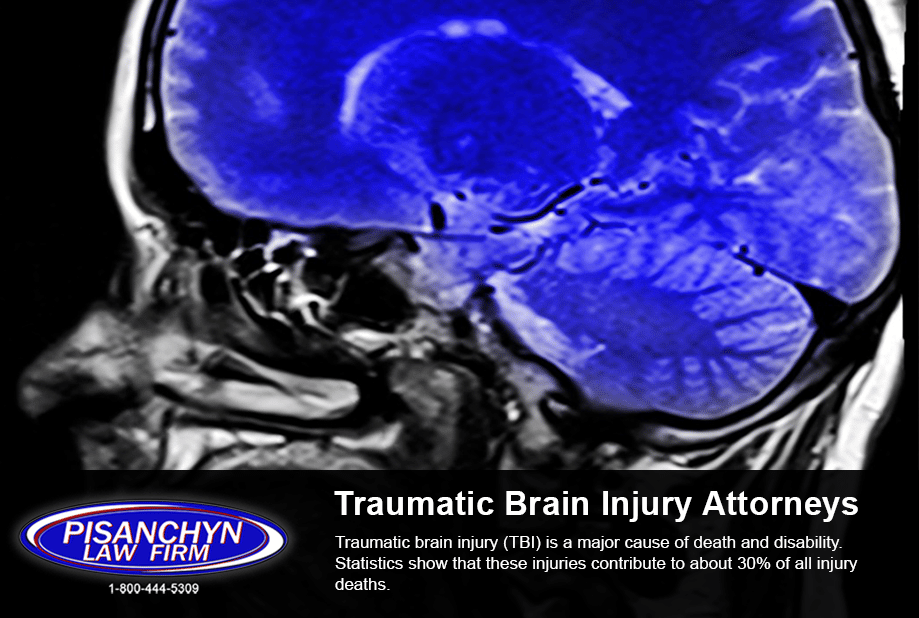Traumatic Brain Injuries (TBI’s) require immediate attention and proper diagnosis. Unfortunately, unless an injury victim suffers a visible head injury, traumatic brain injuries often get neglected. Moreover, some minor head injuries are not immediately visible and start showing effects long after the patient is discharged from the hospital. TBI’s that develop over time can also affect the cognitive, physical, and behavioral functions of the victim.
At times, patients suffering from TBI’s (especially the mild ones) are not even aware that they have a TBI, many health care practitioners fail to diagnose a TBI patient. This leaves many patients stuck in a medical abyss with an injury that they have no idea of, and that can alter their life forever.
Many people believe certain myths about traumatic brain juries. In this post, catastrophic injury attorney Michael Pisanchyn will debunk some of these common myths, and help you gain a clear understanding of what TBIs really are.
Myth 1 – A brain injury is always accompanied by loss of consciousness
Loss of consciousness is one of the symptoms of a traumatic brain injury. However, it is not the sole indicator. Feeling dazed, disoriented or confused can also be indicators of a TBI. Often medical practitioners overlook these indicators due to ‘no loss of consciousness.’
These indicators of mild TBI can affect a person’s injury claim, because the defense lawyers often use the ‘no loss of consciousness’ premise in an attempt to rule out TBI.
Myth 2 – If an MRI or CT does not show a TBI, then there is no TBI
Individuals suffering a head injury typically undergo an MRI or a CT scan in the emergency room. However, a Traumatic Brain Injury can present itself in a number of ways, days after an accident. Considering this, it could be possible that life altering effects of a TBI can be neglected by the patient, his family, medical caregivers, an inexperienced lawyer, and other personnel associated with the case.
To counter this, having an experienced traumatic brain injury lawyer by your side is important. An experienced attorney will have a clear understanding of TBI’s, will be able to investigate the symptoms caused by the injury, differentiate between before and after behaviors, and draw up a testimony that includes TBI specialists, to speak before the defense, jury, and judge.
Myth 3 – Mild TBI’s are not disabling
Victims of a mild traumatic brain injury often exhibit normalcy – in reactions as well as behavior. However, they can also experience crippling disabilities that can be physical, emotional, cognitive, and behavioral in nature, or can even lead to degenerative brain diseases. All of these can alter a person’s normal life. The brain is a complex organ, therefore any injury – mild or severe – can lead to complex repercussions and often, trying to prove them in court can become even more complex.
If you have you or a loved one is suffering from a TBI, Pisanchyn Law Firm can help. Call us today at 1-800-444-5309 or visit CatastrophicallyInjured.com to schedule a free case evaluation.





